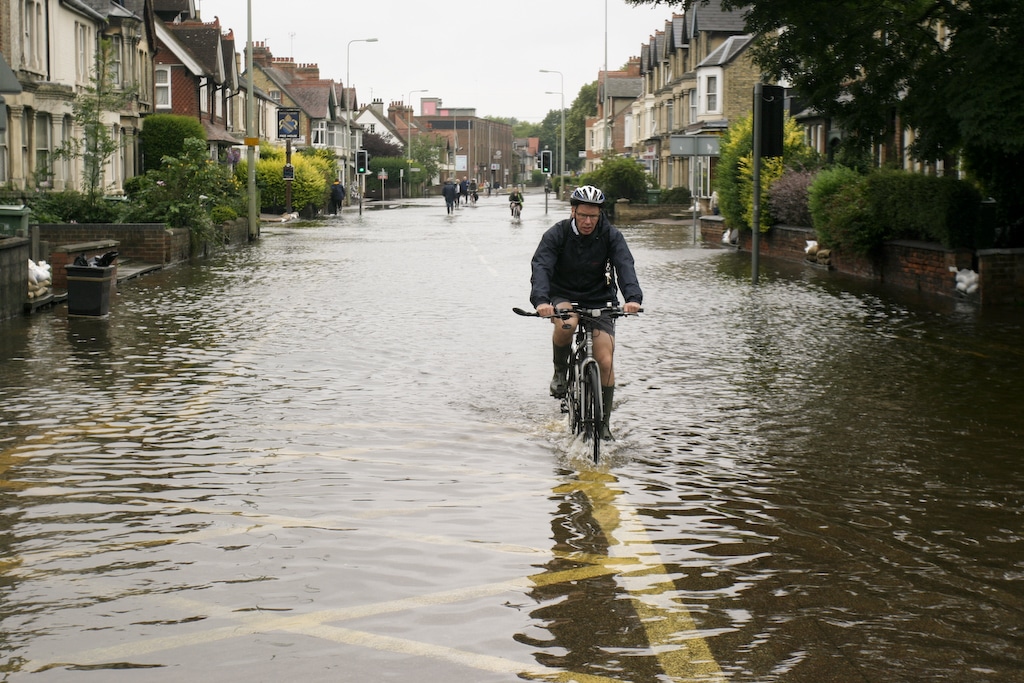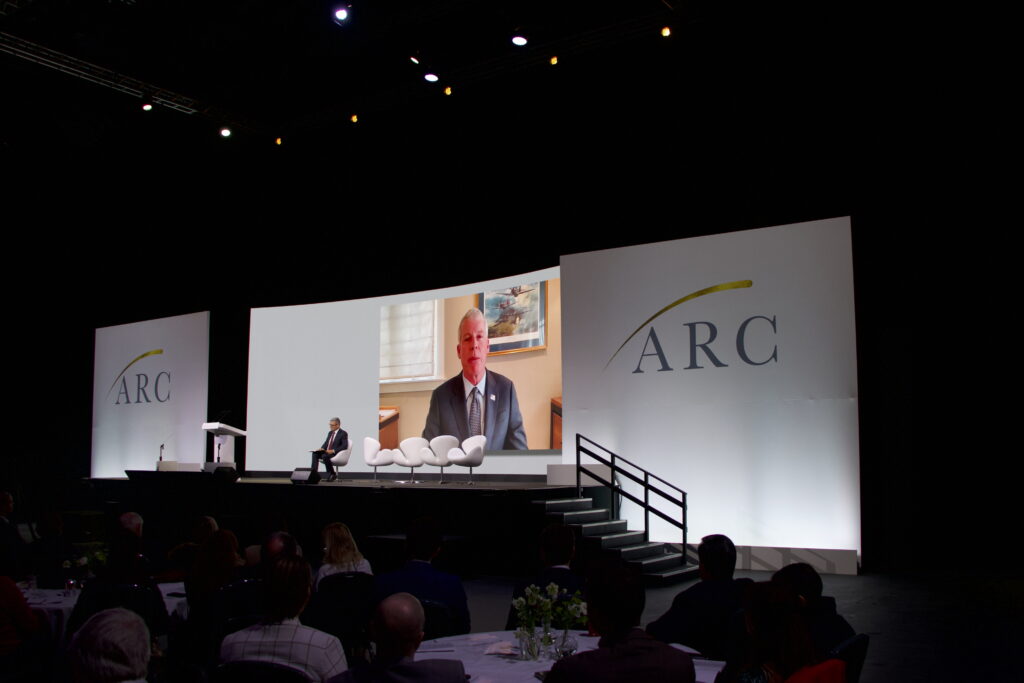For over a month now academics, scientists, and MPs continue to wait for the government to clarify the scope of its controversial ‘anti-lobby’ clause which threatens to stifle scientific criticism of government policies.
On 6 February the Cabinet Office inserted a new clause into all new and renewed grant agreements which will come into effect on 1 May.
This clause will see any groups that receive public money banned from using those funds to attempt to influence either government or Parliament.
Due to the vague nature of the clause, this could mean that these researchers would not be allowed to tell ministers about the policy implications of their findings or respond to government consultations or inquires related to their topic of interest.
And this month the Department for Energy and Climate Change (DECC) has confirmed that it will be adopting this new clause.
Threat to Public Interest
But critics of the policy change say it amounts to a “muzzling” of scientists and could impact on key policy areas, including climate change.
As Barry Gardiner, Labour’s shadow climate minister, explained: “Such catch-all rules could prevent climate scientists from using publicly-funded research to challenge the government’s fossil fuel-based energy policies. It could stop organisations who receive government funding to shore up our defences against flooding and other climate impacts, from helping to develop more robust adaptation plans.”
Gardiner told DeSmog UK: “These new rules are a serious and sinister threat to the public interest. The changes could lock vital research like climate science out of policymaking altogether.
“Our government is making a fundamental mistake about the value of evidence-based policymaking. We should be making the most of the UK’s world-leading scientists to help tackle climate change, not wasting expert knowledge.”
But unlike in Canada under former Prime Minister Stephen Harper, who actively muzzled the government’s scientists (with a strong focus on climate and environment researchers), it seems the UK government’s “clumsily worded” new rule is “more cock-up than conspiracy” as a Nature editorial describes.
“Only a fool ignores well informed advice. And only a very foolish government demands not to receive it in the first place,” it reads. “But that is what the British government is in danger of doing.”
It also appears to be going in the opposite direction of recent moves made by government-funded research councils to explicitly promote an ‘impact agenda’ which encourages scientists to make sure their work reaches beyond their academic disciplines, including influencing policy and legislation.
Richard D. Pancost, Biogeochemistry professor and director of University of Bristol’s Cabot Institute, has expressed deep concern over the new clause.
He told DeSmog UK: “These new policies are causing confusion amongst the scientific community, and any confusion related to free and public expression of opinion, knowledge and evidence undermines democratic engagement and government transparency.
“Regardless of the intention of policy makers, such legislation can be exploited by others to stifle debate, to cynically silence climate change scientists, especially if we dare step ‘over the line into advocacy’.”
Ties to Climate Denial
So, where did this clause come from?
The clause was directly inspired by research done by the free market think tank, the Institute for Economic Affairs (IEA) and was originally intended to relate specifically to charities. However, the government has since confirmed that it is “not specific to charities”.
As the IEA boasts on its website: “It’s pleasing to see the government acting on one of our recommendations.”
The think tank is known for having received funding from big tobacco and at least two oil companies in the past. And it has direct ties to Lord Lawson’s climate science denying charity the Global Warming Policy Foundation (GWPF).
In 2014, DeSmog UK revealed that two members of the IEA are also funders of the GWPF – Neil Record, an IEA trustee, and Lord Vinson, the IEA’s vice president for life.
And last month, Energydesk revealed that Conservative minister for the Cabinet Office Matthew Hancock, who introduced the new anti-lobby clause, accepted £22,000 in donations from Record over the past five years – the most recent donation of £4,000 was made in November 2015 after Hancock was appointed to his Cabinet Office position.
But it doesn’t stop there. Documents released to the Guardian reveal that Charity Commission Chairman William Shawcross was actively involved in creating this clause which “will allow corporations to influence public debate without opposition” as the newspaper describes.
The documents show that Shawcross asked a commission trustee and climate change sceptic, Professor Gwythian Prins, to approach Christopher Snowdown, head of lifestyle economics at the IEA, to discuss the issue of charities lobbying the government. Until 2012, Prins was a member of the GWPF’s academic advisory board.
Speaking to DeSmog UK Fiona Fox, chief executive of the Science Media Centre, explained that “it’s very clear what this is about” if you look at who’s behind the clause.
Fox argues that while the new clause’s reach may be unintended, the purpose behind it is not.
“Even those people who keep saying this was never intended for scientists, that’s fine, but it was intended to stop people using government money to criticise government,” said Fox. “So it’s not that unintended of a consequence.”
“It’s a real set back, it’s a real kick in the teeth because of the message it sends,” Fox says of the policy change. “You still have quite a few scientists out there, mainly government scientists, but also scientists with government funding, who are nervous about being outspoken if their research findings contradict government policy.”
She continued: “I do find it hard to believe that the university scientists that we have on our database that speak about climate change will stop speaking about climate change. I find that hard to believe because I don’t think those scientists would accept it. But I still think there’s a reason to take a stand against this… we need a government that stands for the opposite of what this [clause] looks like.”
Government Clarity Needed
The Department of Business, Skills, and Innovation and the science minister are said to be working on a qualification or exemption that would apply to publicly funded research.
While no such statement has emerged yet, Fox remains optimistic but warns this should come in the form of a strong public statement in support of scientific research and open debate and not a quiet, behind-closed-doors fix.
Sarah Main, director of the Campaign for Science & Engineering, agreed, adding that the science minister must provide a robust, one-size-fits-all statement in order to reassure researchers that this clause will not hamper their ability to speak out about their findings.
As Main told DeSmog UK, “the thing about science in general, and about climate science as part of that, is that it is an activity which spans the whole of government.”
So the question is, if the science minister makes a statement, how will it be adopted across government?
“[Science] has a really important, vital role, and I think it’s still a job to do to ensure that policy makers and politicians are presented with good and broad and well considered evidence when they’re trying to develop policy, and it is right that those politicians and policy makers consider a range of types of evidence,” Main said.
“The evidence is not only going to be scientific, they’re going to think about … a whole range of other factors apart from the hard physical scientific evidence. But it is absolutely vital to ensure that the scientific evidence is on the table and informs them as they’re thinking about policy development.”
Photo: Wikimedia Commons
Subscribe to our newsletter
Stay up to date with DeSmog news and alerts







